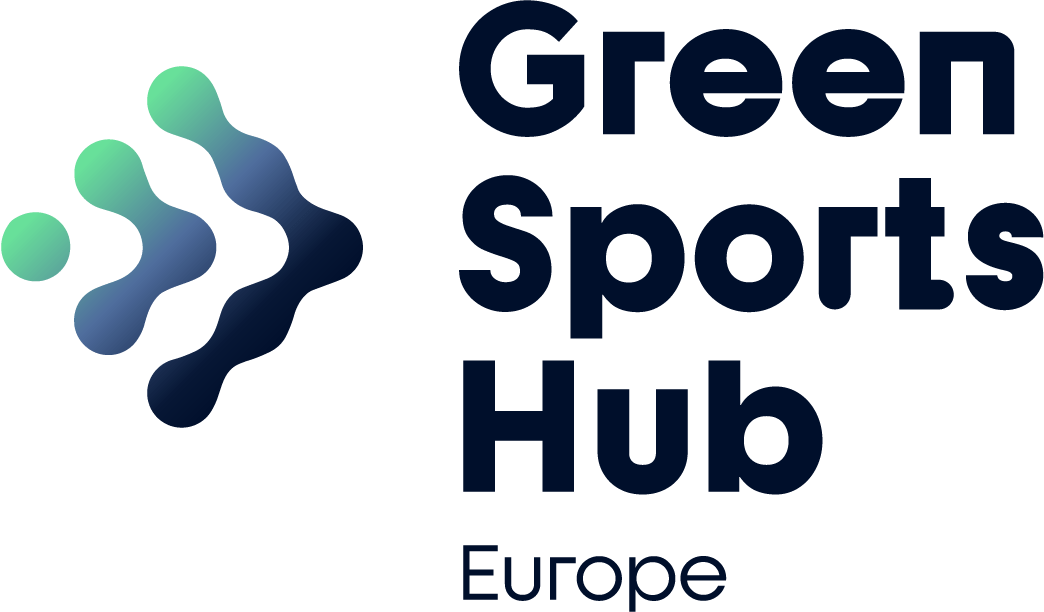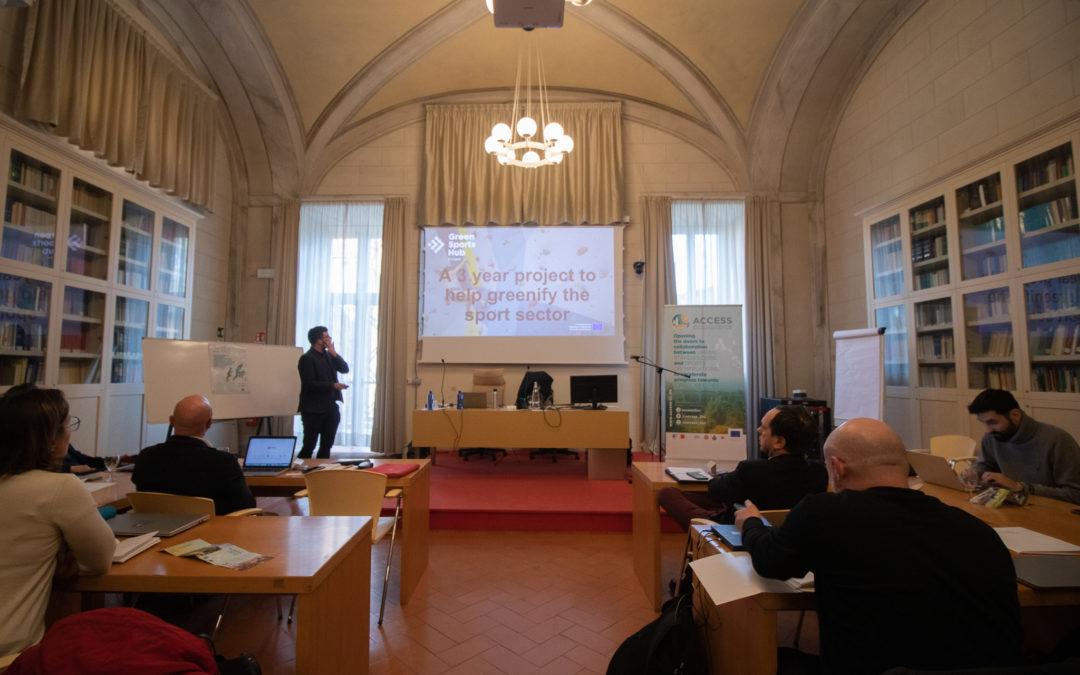As the project’s Self-Assessment Tool is getting its final shape, one is certain – it is going to be a very attractive one!
If we were to judge the Tool’s effectiveness and efficiency based on the recent feedback from its testers and validators – those who should verify whether the Tool will be applicable to a wide range of sports as planned, the Tool’s future is indeed bright. The recent feedback collected through a validation phase show high scores and positive comments on its features, functionalities, focuses and the proposed self-assessment process in general.
When this feedback is coupled with additional comments and remarks pouring in from elsewhere, the project partners who worked on this Tool for more than 6 months should indeed feel proud of their work. The last of such praises came from the participants of a workshop hosted by Sant’Anna School of Advanced Studies in Pisa, Italy.
Organised within the framework of a newly launched European project ACCESS, shorter for Achieving Circularity in Cities through the Environmental Sustainability of Sports, the workshop revolved around environmental management in sports and more specifically – assessments of the environmental impact.
Opened by Tiberio Daddi, the school’s associate professor at the Institute of Management, the workshop attracted not only the ACCESS partners but also students and experts in management as well as representatives of Italian sports, namely Francesco Ferrara of the Italian Swimming Federation, Anna Merlini of the Italian Canoeing Federation, Filippo Ceragioli representing the Parley for the Oceans and Nicolo di Tullio – the school’s PhD student, Italian Surf Federation representative, International Olympic Committee Young Leader and European champion in surf lifesaving.
The workshop itself included several roundtables and group discussions around the different tools which were presented, and which are available to sport organisations for qualifying and quantifying their environmental impacts. The participants expressed their gratitude to technical experts and academia for developing these. However, at the same time, they highlighted the fact that conducting an assessment requires a careful choice of a tool.
The underlying reasons for this are numerous, but the ones that were highlighted revolved around the capacities of different sport organisations – in terms of data availability, knowledge on processes and procedures, human resources and more. Therefore, the GSHE Tool received positive comments as it was regarded as a non-invasive and scenario-based tool, rather than a data collection based tool. Tools based on data and figures are certainly useful and as important, nevertheless, a sport organisation first needs to reach a level of environmental management which would allow them to conduct such an assessment. Once they are there, they can aim as high as obtaining an ISO certification or similar. Another highlighted remark was about the diversity of sport and the need of having tools which allow less known and less popular sports to be able to assess their environmental performance – a box Green Sports Hub Europe certainly ticked already!

